This blog first appeared on Scuba Diver Life
There’s been lots of talk recently about the negative effect chemical sunscreens might have on coral reefs. This has left many people with lots of questions. For example, which chemicals are problematic? What impact do they have? What is reef-safe sunscreen? And what are the most reef-friendly ways to stop myself getting burned?
Here, Reef-World (the charity which coordinates Green Fins globally in partnership with the UN Environment Programme) digested the latest science around potentially harmful sunscreen so you don’t have to (unless you really want to!). Here are a few things that might surprise you when it comes to sunscreen and coral reefs:
Some sunscreens may harm coral reefs
Think of a holiday by the ocean and you’ll probably imagine slathering on sunscreen to protect you from the sun. However, when wearing sunscreen while in the water, it can wash off and enter the water column. Recent studies have shown some chemical compounds in sunscreen may harm coral reefs, even in very small doses.
According to the International Coral Reef Initiative (ICRI), “a small number of studies have shown sunscreen and certain individual components of sunscreen can have negative effects on corals and other marine organisms under certain circumstances.”
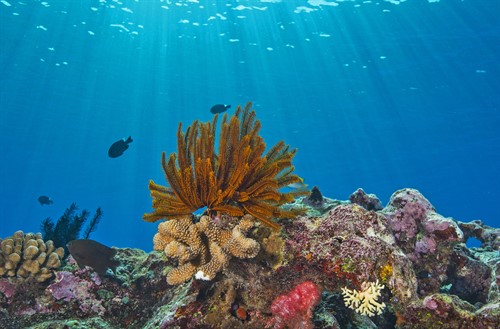
Coral Reef Image Bank, Jayne Jenkins
There are certain chemicals to avoid
According to research, the worst offenders when it comes to chemicals that may harm reefs include Oxybenzone (which has been linked to the bleaching of coral fragments and cells, damage and deformation of coral larvae and damage to coral DNA and its reproductive success) and Octinoxate. Check the label when buying sunscreen and avoid products which include these ingredients. Also try to avoid sunblocks with “nano” particles as these are small enough to be ingested by corals. Look for “non-nano” ingredients instead. Lastly, keep an eye out for mineral based sunscreen, rather than chemical sunscreens. This is because ingredients in mineral sunscreens have not currently been linked to coral bleaching. And remember, new research is coming out all the time so advice is likely to change as scientists learn more!
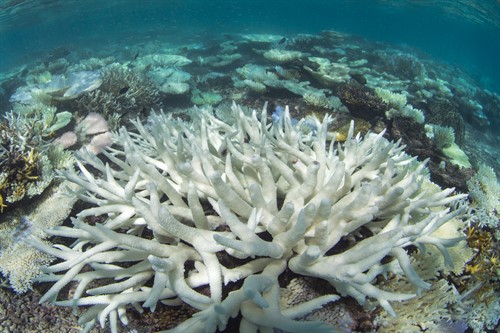
Bleached coral in New Caledonia: Coral Reef Image Bank / The Ocean Agency / XL Catlin Seaview Survey
Some destinations have already banned chemical sunscreens
The scientific research around sunscreen is still in its early days. So, several destinations are taking a proactive precautionary approach and banning sunscreens that contain harmful chemicals.
These include Hawaii and Florida’s Key West, which will ban the sale of sunscreens containing oxybenzone and octinoxate from 2021. The US Virgin Islands is also implementing a ban which will take effect on 30th March 2020. It covers the distribution, sale and possession of sunscreens containing oxybenzone, octocrylene, and octinoxate. Palau has banned oxybenzone, octocrylene, and octinoxate along with several other environmental pollutants from January 1st 2020; Aruba will ban oxybenzone in 2020; and Bonaire will have a ban on all sunscreens containing Oxybenzone or Octinoxate by 1st January 2021.
a proactive and precautionary approach to reef-safe sunscreen
Research into reef-safe sunscreen is still in its early stages. Scientists are working to better understand the threats posed by chemical sunscreens and in which situations.
However, while we’re aware there may be a potential issue, it’s best to be proactively cautious. ICRI explains: “Considering the many stresses already faced by reefs and current concerns about the toxicity of certain components of sunscreens to corals, a proactive and precautionary approach to dealing with this issue may be required. Reducing the amount of harmful sunscreen components that reach the reef environment is a high priority and will require the involvement of governments, reef managers, divers, snorkellers and swimmers, and the tourism and pharmaceutical industries.”
ICRI recommends the following measures:
- Encouraging the manufacture of reef-friendly sunscreens
- Promoting the use of reef-friendly sunscreens and other methods of UV protection
- Regulating the sale and use of sunscreens containing toxins
- Exerting consumer pressure to encourage development and use of eco-friendly sunscreens
- Introducing financial disincentives for manufacture and use of potentially damaging sunscreens
It’s always best to check the label!
Many companies are now including a “reef-safe” label on their products to help you identify which don’t contain harmful chemicals. However, new research is coming out all the time so always check the ingredients to be sure!
One of Reef-World’s partners, Caudalie, has a new range of sunscreen products free of known harmful ingredients. The company also provided funding to enable the charity to begin implementing its Green Fins initiative in Antigua and Barbuda!
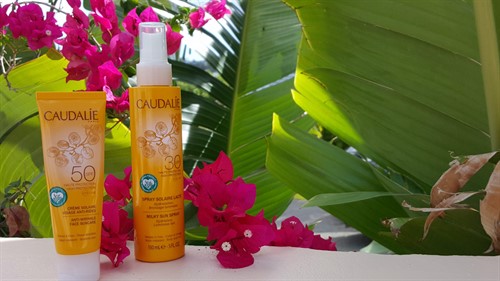
Caudalie’s reef-safe sunscreen
Sunscreen isn’t the only answer
The risk from chemical sunscreens is that they wash off into the water column and negatively impact coral reefs. When talking about the potential risks of chemical sunscreens, many people are (quite rightly) concerned about getting sunburn. There are other simple ways to protect yourself from strong sunshine while minimising the risk of harmful chemicals reaching the ocean. As well as using reef-safe alternatives to sunscreens, find a spot in the shade or cover up with clothing (our partners at Fourth Element have fantastic rashguards).
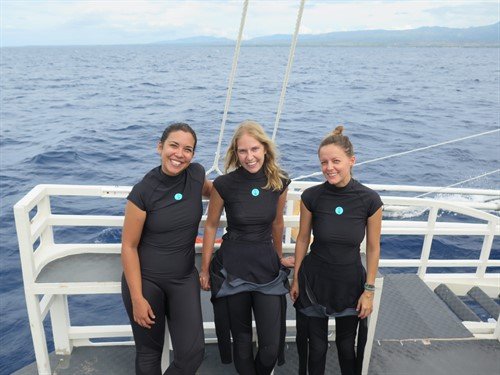
Sam, Mel and Jula from the Reef-World team in their Fourth Element rash guards and wetsuits.
Reef-safe sunscreen policies are now included in the Green Fins Code of Conduct
As you might already be aware, the Green Fins Code of Conduct and assessment criteria now includes sunscreen policies. This is to make sure your business, as part of the Green Fins network, is following ICRI’s guidelines around the impact of sunscreens on coral reefs.
Dive and snorkel operators can help spread the word
Reef-safe sunscreen is a relatively new issue. However, Green Fins members, and other dive and snorkel operators, can educate guests and encourage positive sunscreen behaviours. An effective sunscreen policy should include:
- Encouraging customers to cover up in the sun
- Making sure your staff know to ask guests to avoid using traditional sunscreens when they will come into contact with the sea
- Making sure non-reef safe sunscreen is only used when there is no risk of it entering the marine environment
- Ensuring your guests are aware of your sunscreen policy (e.g. briefings, posters, pre-trip information)
reef-safe sunscreen: Help is at hand!
To help your dive business implement a reef-safe sunscreen policy, these Green Fins materials are available:

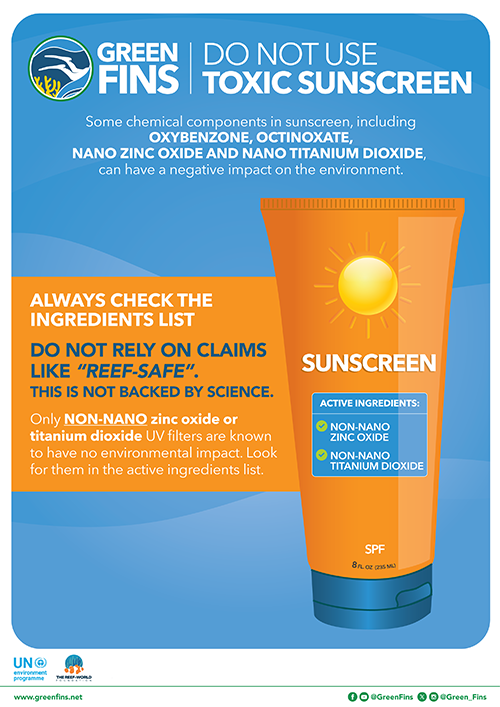
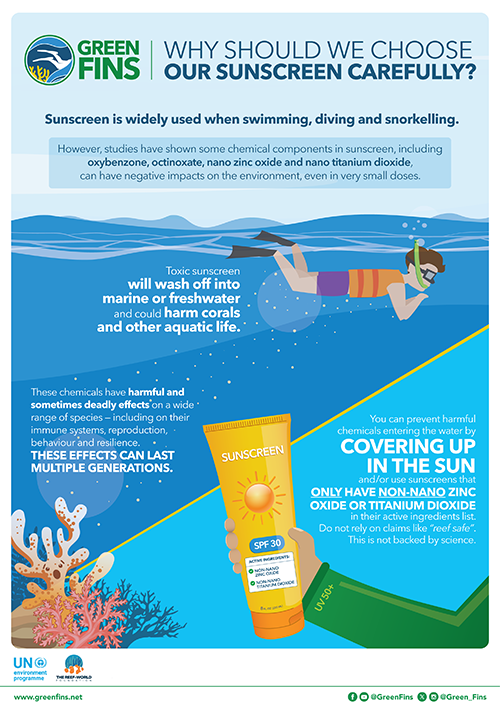
Is there any plans for Thai or Chinese language Sunscreen Materials?
Hi Alan, thank you for your interest. New translations are being developed on an ongoing, ad-hoc basis. If you’re a language professional interested in helping Reef-World translate Green Fins materials into new languages, please get in touch at info@greenfins.net.
You can try stream2sea sunscreen, they are proven to be reef-safe. https://stream2sea.net/
Stream2sea is one of the best out there. Have tried it and I must say it that I really do love it, you can give it a try too
https://stream2sea.net/